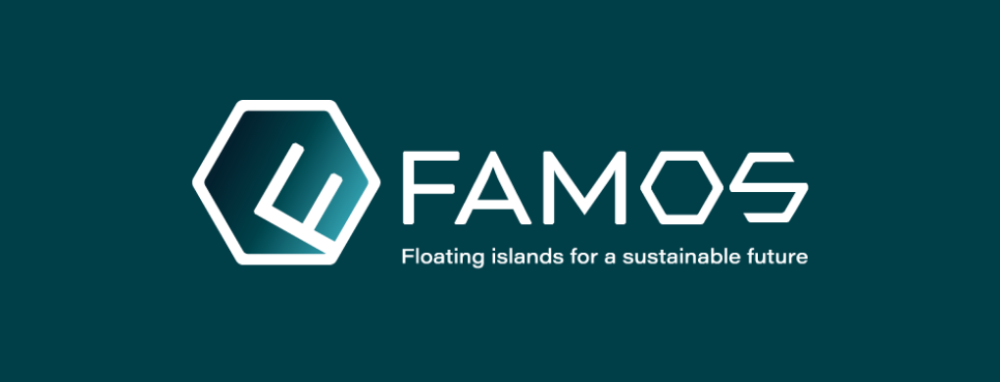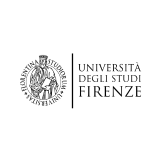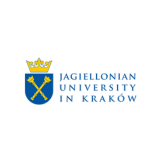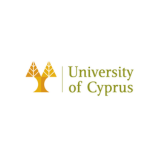FAMOS
Sustainable, Reliable and Socially Acceptable Modular Floating IslAnds for Multi-use Offshore Spaces
Key facts
Status: ongoing
Duration:
1 Mar 2024 - 28 Feb 2027
Theme:
Blue economy sectors and infrastructures

Contact
Website:
FAMOS ➝
LinkedIn:
https://www.linkedin.com/showcase/famos-project/ ➝
Email address:
Email ➝
Description
The growth of the world’s population over the past decades has been impressive. Present estimates show that the process is likely to achieve a peak of 11 billion within the next 100 years. Such massive growth implies an ever-increasing need for space (urban, infrastructural, industrial), resources (water, energy, food) and economy. The ocean plays a crucial role in this challenge. FAMOS aims to contribute to the thematic priority of development of offshore marine multi-use spatial concepts. From our perspective, pivotal questions include: is humanity ready to live on the ocean surface due to a lack of functional land? How do we create sustainable, reliable, and socially acceptable multi-use offshore spaces?
Adopting floating structures appears more sustainable than using bottom founded structures both in terms of environmental and economic aspects. Although some aquaculture or solar energy devices have been developed based on floating sub-structures, most of them are limited to near-shore areas in relatively shallow waters and mild wave conditions. To fully exploit exposed offshore marine areas, FAMOS must go beyond the state of the art by addressing significant challenges posed by possible occurrences of enormous waves. Considering the size of FAMOS in respect to the call, to balance resources and efforts the project will focus on the achievement of the following detailed objectives:
- Design and demonstrate novel floating island concepts in three European basins: Mediterranean, North, and Baltic Seas.
- Assess the synergies among the islands and breakwater and understand the risks and failure of key structural components.
- Develop efficient and accurate computational models for prediction of hydrodynamics, structural dynamics, and power performance of the multiple renewable energy devices.
- To boost the impact beyond the academic world by involving relevant stakeholders from the conceptualization phase up to the uptake of research findings into decision-making processes and policymaking.
FAMOS will benefit from the other assets already developed and available to its partners via participation in EU projects, namely: MARINET1 FP7 No262552, MARINET2 H2020 No731084, WECANET Cost Action 17105, MODENERLAND Cost Action 20109, Energy-SHIFTS H2020 No826025, gEneSys Horizon Europe No 101094326.
The project team adopts an interdisciplinary approach and considers various aspects: social and environmental, concept and configuration, floating structure technology, numerical and experimental methods. The pathways to achieve expected outcomes and impacts are driven by the logic of the theory of change. This transdisciplinary and participatory approach focuses on the actors and the context of change to achieve real and desired socio-technical change. It goes beyond mere social acceptance concepts and offers more inclusivity in involving social actors from the beginning, during, and at the end of the research and technology development process.





